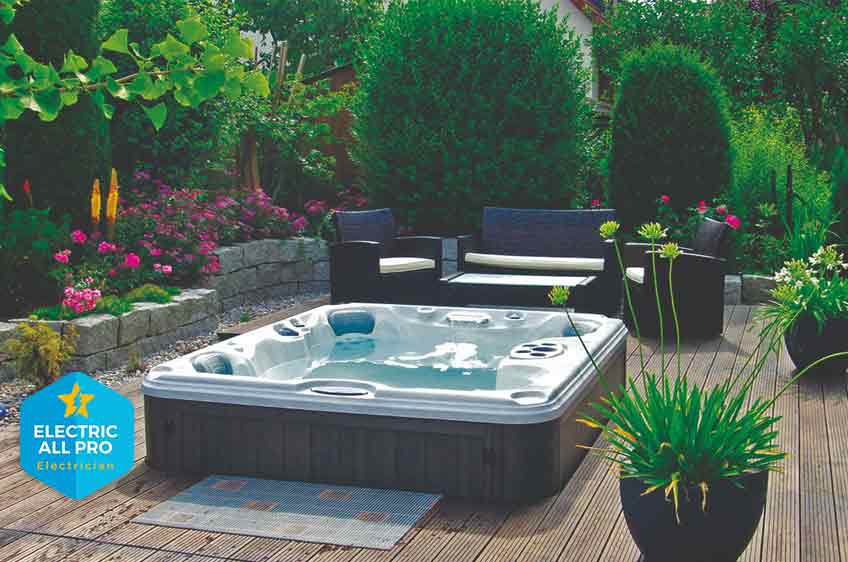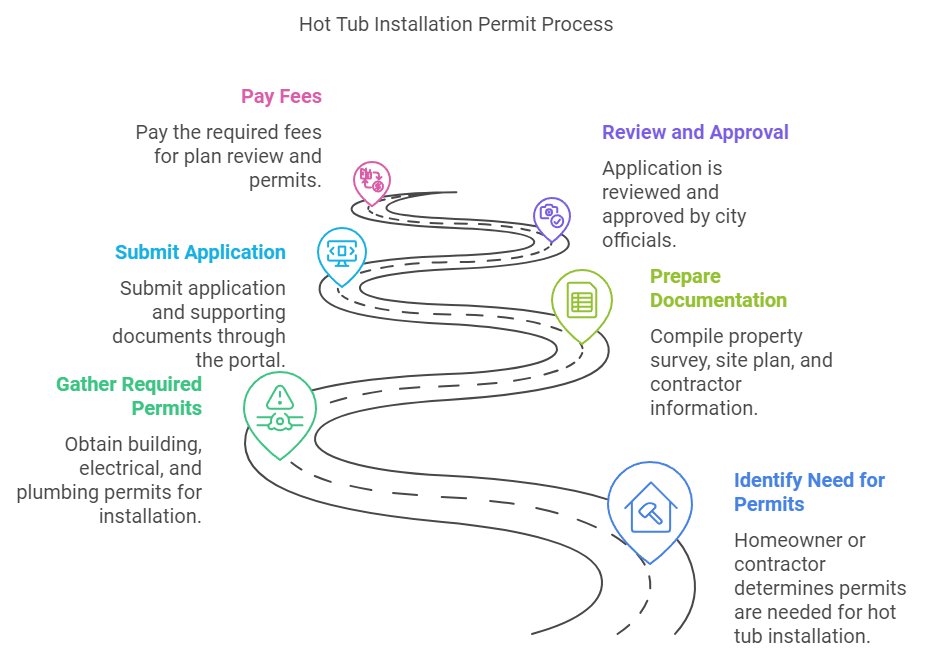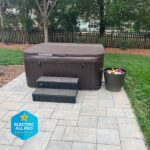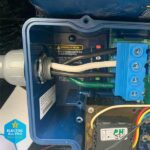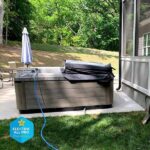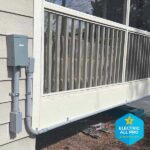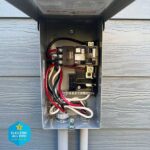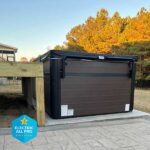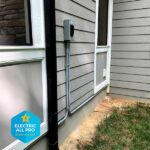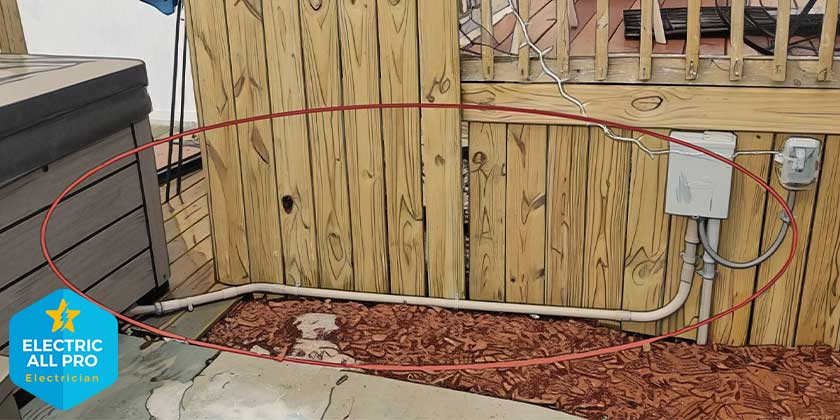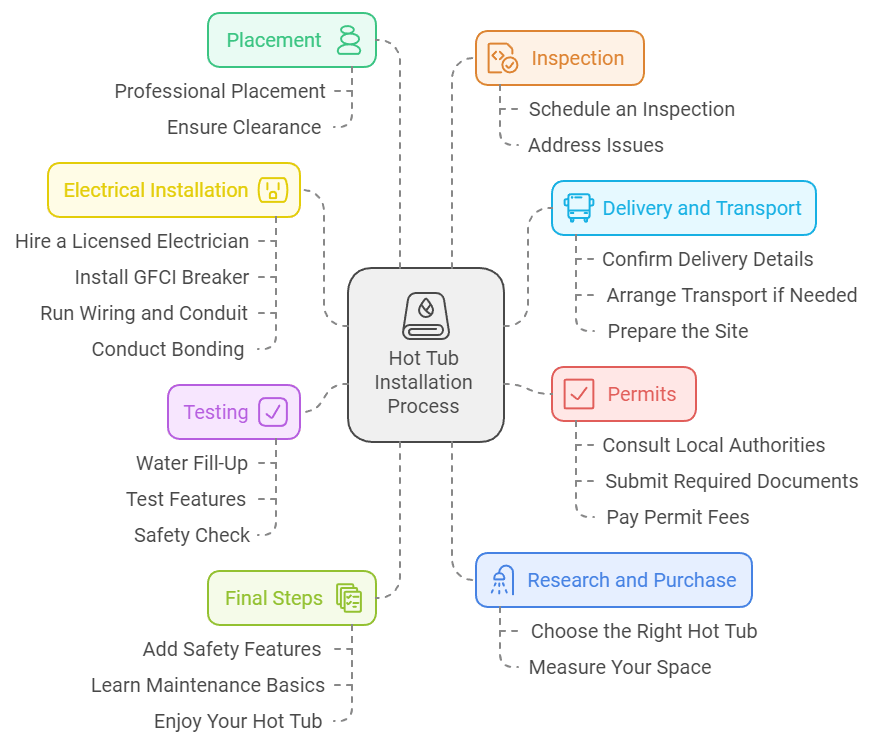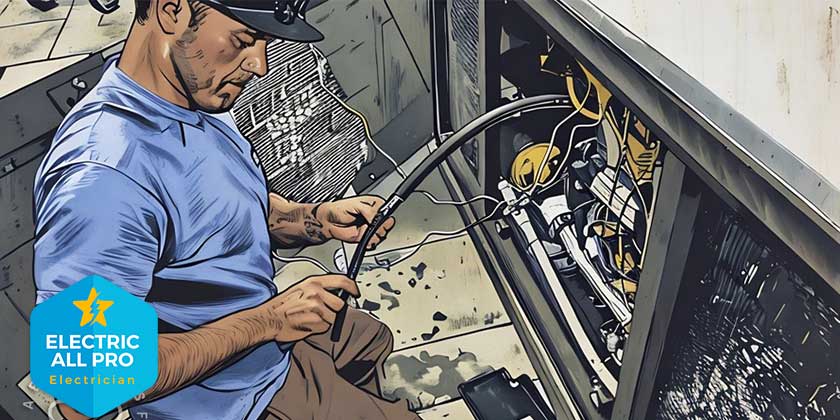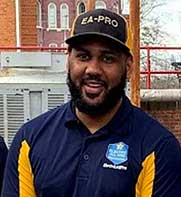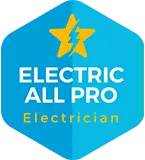A hot tub brings relaxation and luxury to your home, but only if it’s installed safely and correctly. While DIY installation may save some money upfront, the risks far outweigh the benefits. Hiring a professional ensures your hot tub is installed to code, operates efficiently, and keeps you and your family safe.
At Electric All Pro, we specialize in safe and reliable hot tub electrical installations. Our team of licensed electricians handles everything from permits to final testing, so you can enjoy your hot tub with complete peace of mind.
Contact us today to schedule a consultation or get a free quote!

